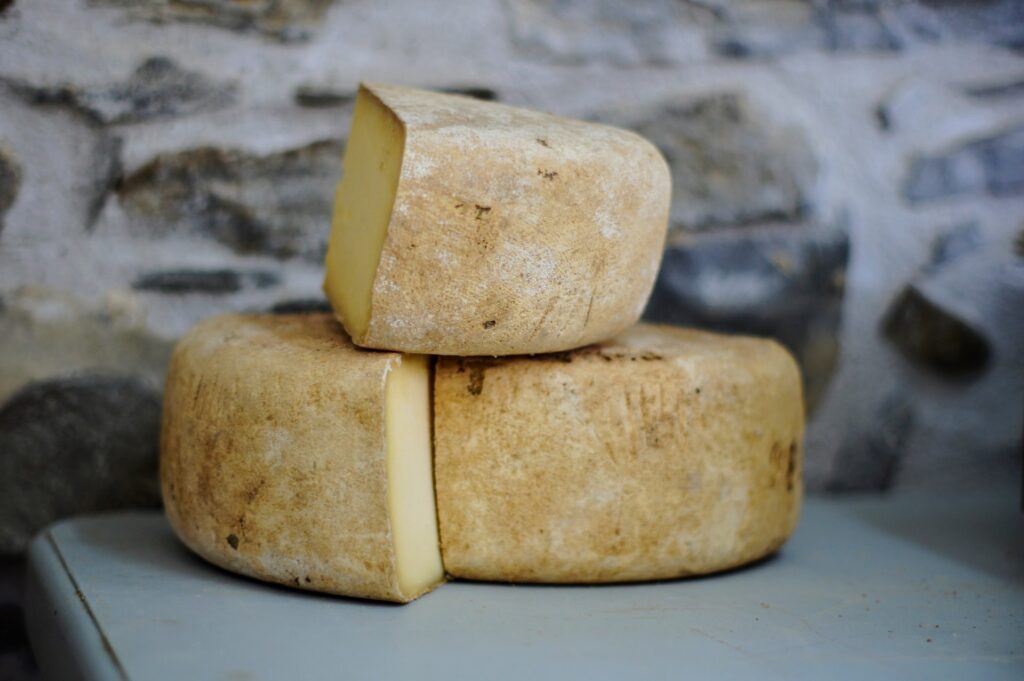Low-carb diets have soared in popularity as a strategy for weight loss and health improvement. Central to these diets is the reduction of carbohydrates, emphasizing proteins and fats. But where does cheese fit in this dietary puzzle? With its rich flavors and diverse types, cheese is a favorite for many. Yet, the question, “Is cheese low carb?” is crucial for those adhering to a low carbs lifestyle.
Is Cheese Low Carb?
Cheese, in its myriad forms, generally aligns well with low carb diets. From creamy Brie to sharp Cheddar, most cheeses contain minimal carbohydrates. This makes them an excellent choice for those watching their carb intake. Understanding the carbs content in different types of cheese is key to incorporating this beloved dairy product into a low carbs diet seamlessly.
Nutritional Profile of Different Cheeses
Each type of cheese offers a unique profile of nutrients. Rich in proteins and fats, cheese also provides essential vitamins and minerals like calcium and vitamin B12. The macronutrient balance in cheese makes it a fitting component of a low carb diet, contributing to overall nutritional needs without the excess carbs.
The Role of Cheese in Weight Management
Incorporating cheese into a weight management plan can be advantageous. Its high protein and fat content can increase satiety, reducing overall calorie intake. However, moderation is key, as cheese is also calorie-dense. Balancing cheese consumption with other low carb foods can create an effective and enjoyable weight loss strategy.
Cheese Varieties Best Suited for Low Carb Diets
For those on a low carbs journey, selecting the right type of cheese is essential. Varieties like Mozzarella, Swiss, and Parmesan are excellent choices due to their lower carb content. These cheeses not only add flavor to low-carb meals but also bring nutritional benefits, making them a smart choice for diet-conscious individuals.
Potential Health Benefits of Including Cheese in Your Diet
Beyond its role in weight management, cheese offers several health benefits. It’s a crucial source of calcium, supporting bone health, and some studies suggest it might have a positive effect on cardiovascular health. The nutritional richness of cheese, combined with a balanced diet, can contribute to overall wellness.
Understanding Lactose Content in Cheese
Lactose, the natural sugar in milk, varies in cheese types. Hard, aged cheeses typically have lower lactose levels, making them suitable for individuals with lactose intolerance. Being aware of the lactose content helps in choosing the right cheese for those with sensitivities while maintaining a low carb diet.
Creative Ways to Incorporate Cheese into Low Carb Meals
Cheese’s versatility makes it an exciting ingredient in low-carb cooking. From toppings for salads to main ingredients in casseroles, cheese can enhance flavor without adding significant carbs. Experimenting with cheese based recipes can bring joy and diversity to low carb meal planning.
What to Avoid on a Low Carb Diet
While cheese is generally low carb, some processed cheese products contain added carbs. Reading labels carefully to avoid these high-carb traps is crucial. Sticking to natural, unprocessed cheeses ensures you enjoy the benefits of cheese without unwanted carbs.
Expert Opinions on Cheese in Low Carb Diets
Nutritionists and dietitians often endorse cheese as part of a balanced low carb diet. Research supports its benefits, highlighting its role in satiety and nutrient provision. Quotes from experts reinforce cheese’s place in a health-conscious diet, emphasizing its value when consumed mindfully.
Conclusion
Cheese can be a delightful and nutritious part of a low carb diet. Its low carbohydrate content, coupled with high nutritional value, makes it an excellent choice for those seeking a balance of flavor and health. Whether you’re a cheese aficionado or just starting your low carbs journey, embracing cheese can add both pleasure and nutritional benefits to your diet.

